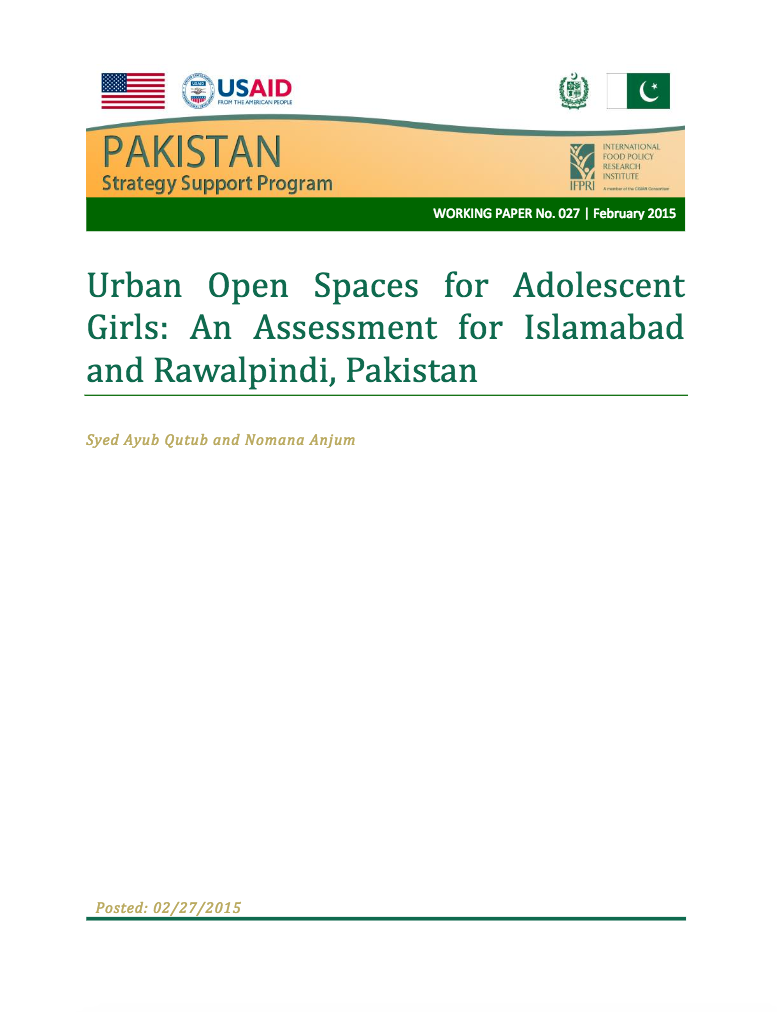Developing a research and action agenda for examining urbanization and caregiving
The UNICEF-expanded model for nutrition is used to analyze the circumstances of care in urban environments. The model postulates that there are six major types of care behaviors: feeding and breast-feeding, food preparation and handling, hygiene behavior, psychosocial care, care for women, and home health practices. These behaviors require the resources of education and knowledge of the caregivers, the physical and mental health of caregivers, autonomy in decisionmaking, time availability, and the social support of the family and community in order to ensure adequate care for the child.


